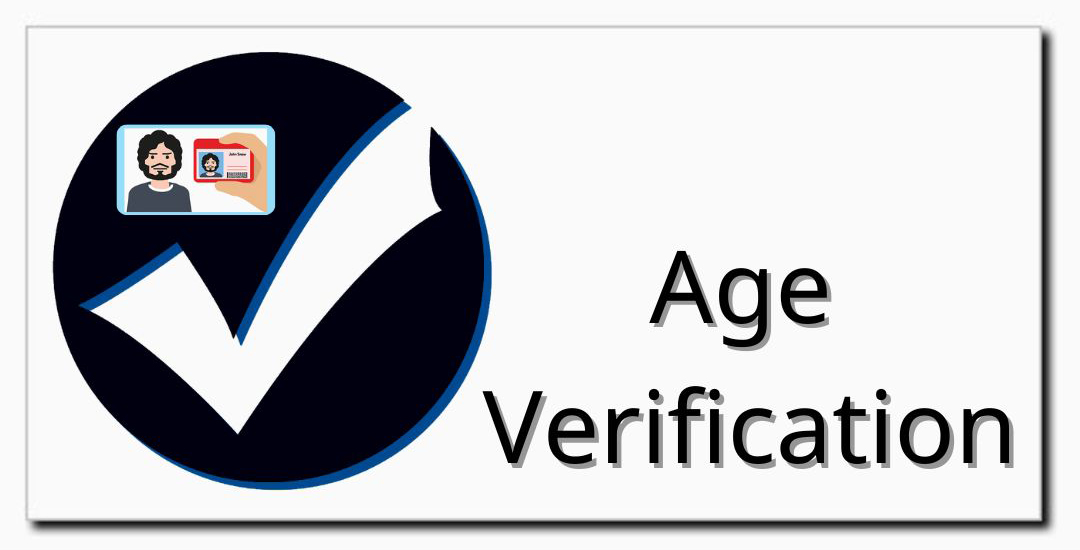Age Verification Solution: Protecting the Children in Digital World

The E-commerce industry has undergone many changes because of the advances in technology. Customers can buy almost everything online in this highly connected world, including adult content and age-restricted products. Online retailers do not even bother to confirm the age of their consumers. Because of this, it is possible for minors to easily access age-restricted items like alcohol, tobacco, adult content, gaming, or gambling.
Moreover, social media platforms are also growing and introducing new features for global connections. Parents should monitor their children’s activities and take a proper check on what they are watching or using. As per Shufti Pro News, the unregulated use of social media is becoming the viral reason for cyberbullying and fraud. To protect minors from all of these issues, online retailers and social media service providers must implement an appropriate age verification solution.
Significance of Age Verification System
Online age verification is crucial for today’s digital world. This is so because almost anyone has access to digital services and products. According to a report, approximately 1.46 billion customers bought things online in 2015. This figure increased by 46% in 2021. The COVID-19 Pandemic is behind this huge growth. Today, people love to buy more products online as they have no time for physical shopping. Although the increase in online consumers is great for the e-commerce industry, it also poses some challenges.
Age-restricted content is now widely available online and easily accessible to minors, where minors cannot access alcohol or tobacco. Online shopping is not the same as offline shopping, where minors couldn’t purchase alcohol or tobacco. As per a survey, over 1 million minors were victims of online ID fraud in 2017, which cost $2.6 billion. So, the digital age verification solution is so critical to implement to save children from any type of hazard.
Working of Online Age Verification Process
Age verification aids online firms in acquiring trustworthy clients and stops minors from using age-restricted services. Age verification in the system involves the following steps:
1. Date of Birth
The customers must submit their birth date by using an online form that the vendor provides.
2. Uploading the Documents
Users upload government-issued date of birth documents. These include original identity documents like passports, driving licenses, or ID cards.
3. Validation Process
Online retailers confirm the users’ ages based on the data they have provided. The use of document verification or an online age verification solution accomplishes this process. This age-verified service verifies and rejects a customer.
Compliance of KYCC with Age Verification
The gaming operators’ approach to verifying the player’s age is based on know your customer’s customer compliance. KYCC checks use players’ in-game interactions to determine the player’s age. Attackers employ a variety of tactics to maximize their use of the available game resources. They use bots and online cheating tools to manipulate player data. Age-specific machine learning datasets observe the behavior of children.
The main purpose of attempting multiple attacks on gamers’ accounts is to steal user identity information and launder money via gaming platforms. The main goal of multiple attacks on players’ accounts is to obtain their identity data and use gaming platforms for money laundering. According to Shufti Pro funding, companies in the UK paid out $19.6 million as a result of money laundering that took place on their platforms. Gaming operators continuously monitor the actions of players to ensure KYCC compliance.
Disadvantages of Neglecting Age Verification Checks
The lack of applying appropriate age checks entails some serious threats. It can lead to a bad market reputation and severe penalties by regulators. The following are some risks of not implementing proper age verification tools:
1. Negative Market Reputation
Creating the best customer experience for clients is essential for a successful business. Customer loyalty and the development of a positive brand image depend heavily on the satisfaction of users. The lack of an adequate age verification process puts minors at greater risk by making it simple to access age-restricted products or content.
2. Massive Fines
All types of online retailers have to comply with regulations like KYCC to protect minors from age-restricted items. The businesses that failed to implement age verification online have to pay severe fines, which can make them financially insatiable.
3. Financial Setbacks
Online companies can reduce fraud in chargebacks made by parents for transactions they didn’t consent to. Integrating an age verification process into the onboarding process can help companies save from financial losses.
Conclusion
The e-commerce sector has experienced tremendous growth during the COVID-19 pandemic. More and more people are now making online purchases instead of in-person. This enormous change also brings great challenges. The access of minors to age-restricted items has become so easy because online retailers don’t bother to apply age checks to verify customers. As a result, kids can easily buy alcohol, tobacco, adult content, and so on. Therefore, to protect children from these things, a proper age verification system is urgently needed.








